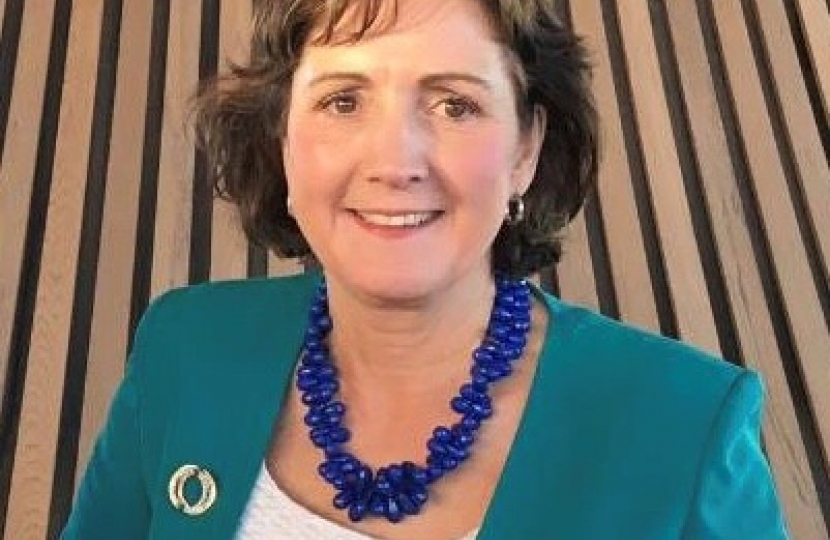
Following the publication of the study which provides the first-ever picture of the extent to which newborn babies and infants are subject to care proceedings in Wales, Janet Finch-Saunders, Shadow Minister for Children and Social Care, has called on the Welsh Government to take urgent action to help clarify the change in practice, and the implications of this for children, families, and local authorities.
The main findings of the report include:
- 3,266 infants were subject to care proceedings in Wales between 2011 and 2018.
- For every 10,000 live births in Wales, 43 newborns became the subject of care proceedings within two weeks of birth in 2011. This had more than doubled to 83 cases per 10,000 by 2018.
- The number of cases per 10,000 live births is higher in Wales than England.
Commenting on the findings of the report, Janet said:
“There has been an increase in the number of babies subjected to care proceedings across Wales. All three Welsh Designated Family Judge areas have seen an increase in incident rates between 2011 and 2018.
“Whilst the highest number of cases per 10,000 live births are in South Wales, the largest incident rate in the North is here in Conwy. 68 infants per 10,000 live births.
“This means that there has been a startling increase in the most difficult decisions professionals can make to intervene in family life, and that this has had a significant impact on the constituency I serve.
“As Professor Broadhurt of Lancaster University has rightly highlighted, the situation is extremely distressing for mothers as they are expected to appear before the courts shortly after giving birth.
“It seems that there has been a clear trend with the reduction in the proportion of newborns placed for adoption being matched by a significant increase in newborns subjected to care orders.
“The implication of this for children, families, and local authorities, requires further investigation, so I have submitted urgent questions to the Welsh Government which has worked with Local Authorities to set what now seem to be potentially unachievable targets for a reduction of children in care”.


